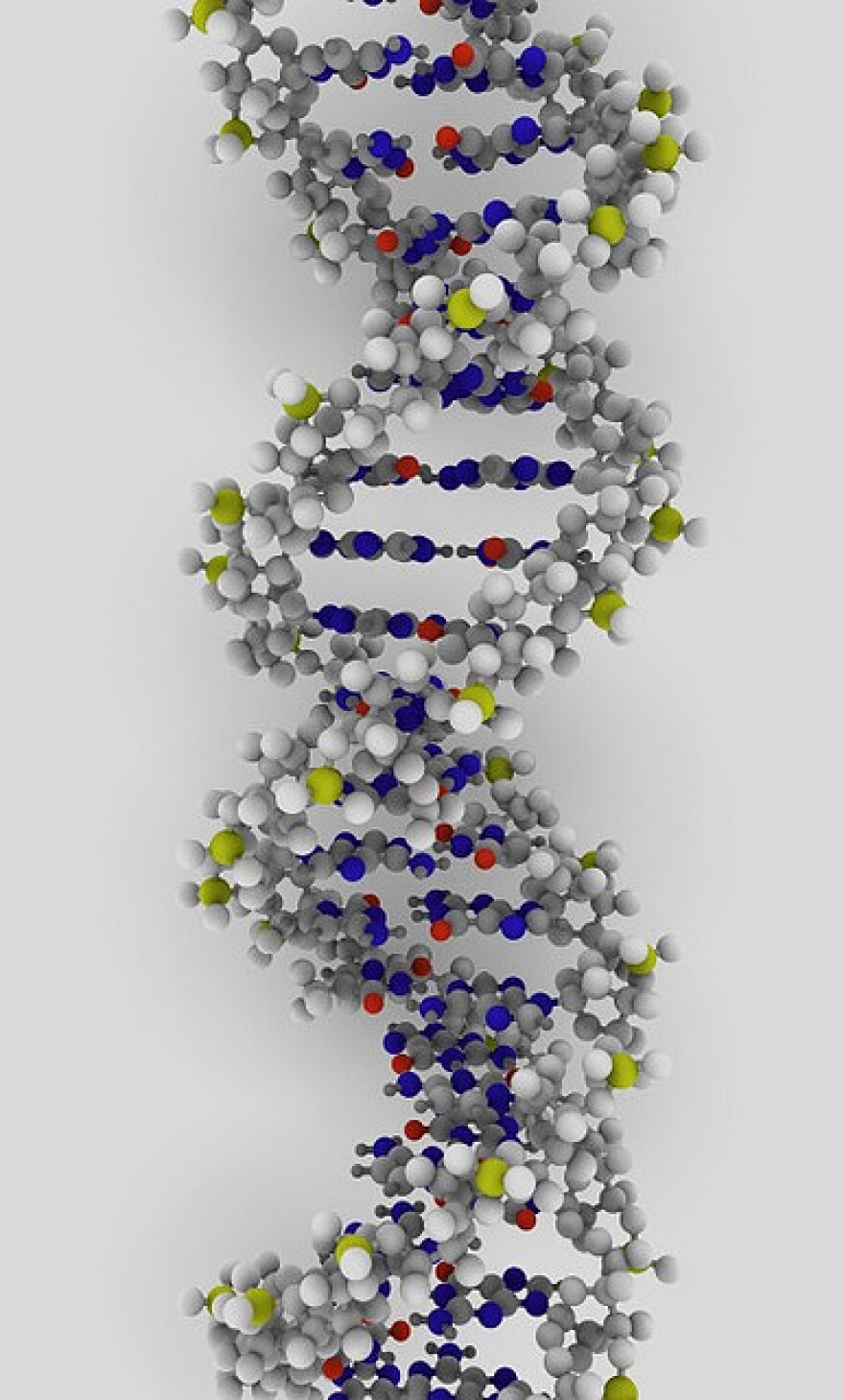An international team of researchers has made landmark progress on the study of Schizophrenia.
A consortium co-founded by the University of North Carolina's Patrick Sullivan reports that it's identified 108 points of genetic variation in people with the illness.
The study, published in Nature, sampled 36,000 patients -- the largest group in the history of genetic psychiatry. By working with so many individuals, and identifying so many points of variation, the picture we have of Schizophrenia in now both more nuance and more complicated.
“We're dealing with something that is a lot more subtle,” Sullivan said. “And because it's more subtle, it means it's more complicated. Really for the first time, we're peeking under the hood of Schizophrenia. We're getting a sense of what it is and what it isn't, and where to focus our efforts.”
Sullivan said having such a large sample size was the key factor in making the gains in variation determination.
“Every time we increase the number of cases we actually get a bigger bang for the buck,” he said. “So for example, we had a previous version of this analysis [back in 2006] -- in that analysis we had 25,000 cases and 62 associations. In the current one, we increased the sample size by 50 percent, but the number of association went up by 200 percent.”
Sullivan hopes to begin work on an even larger group in the near future, potentially looking at more than 50,000 subjects.








